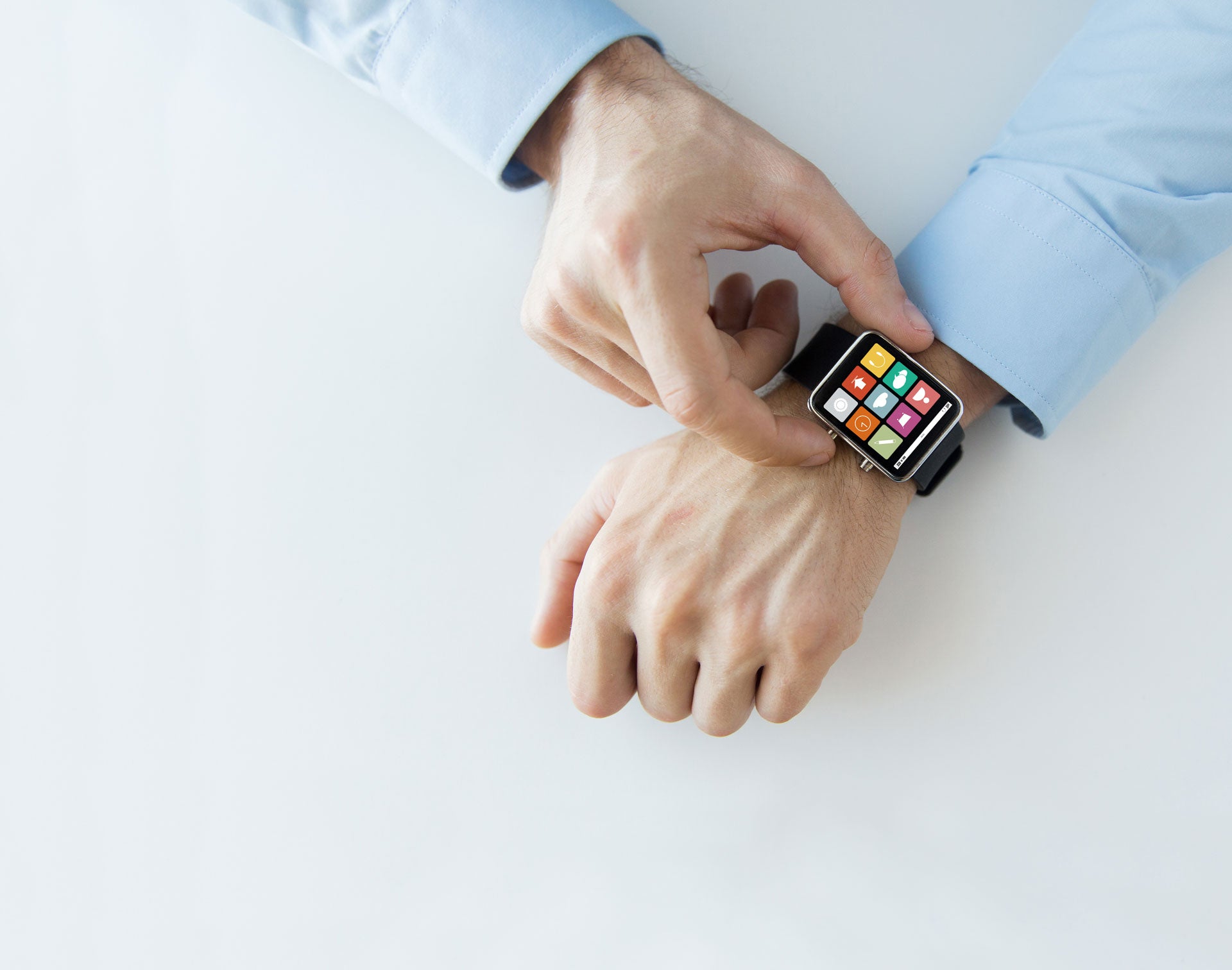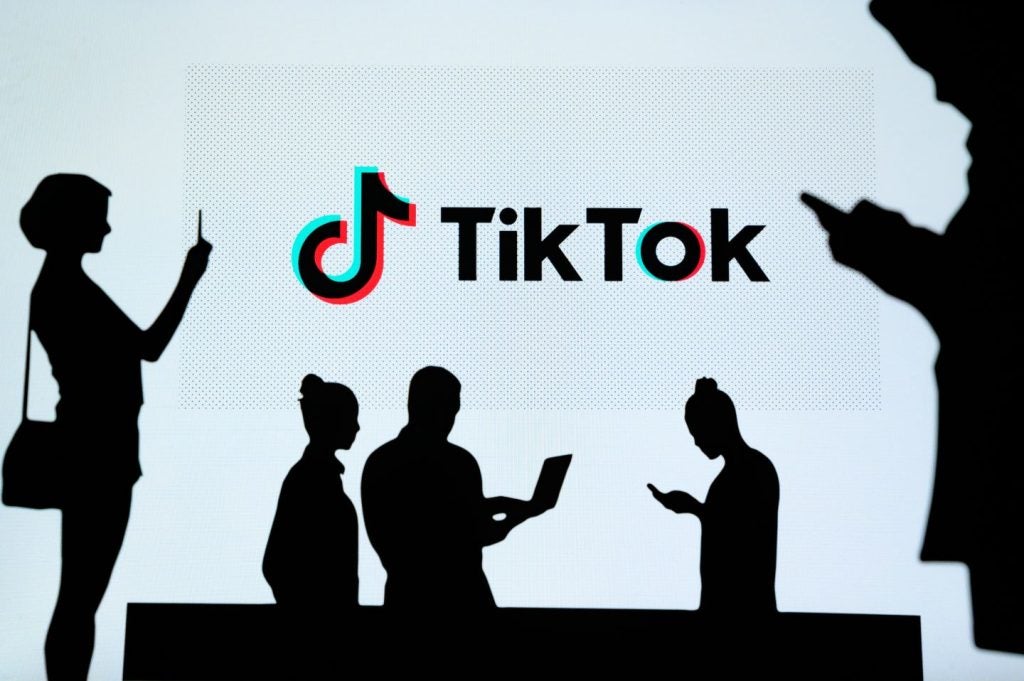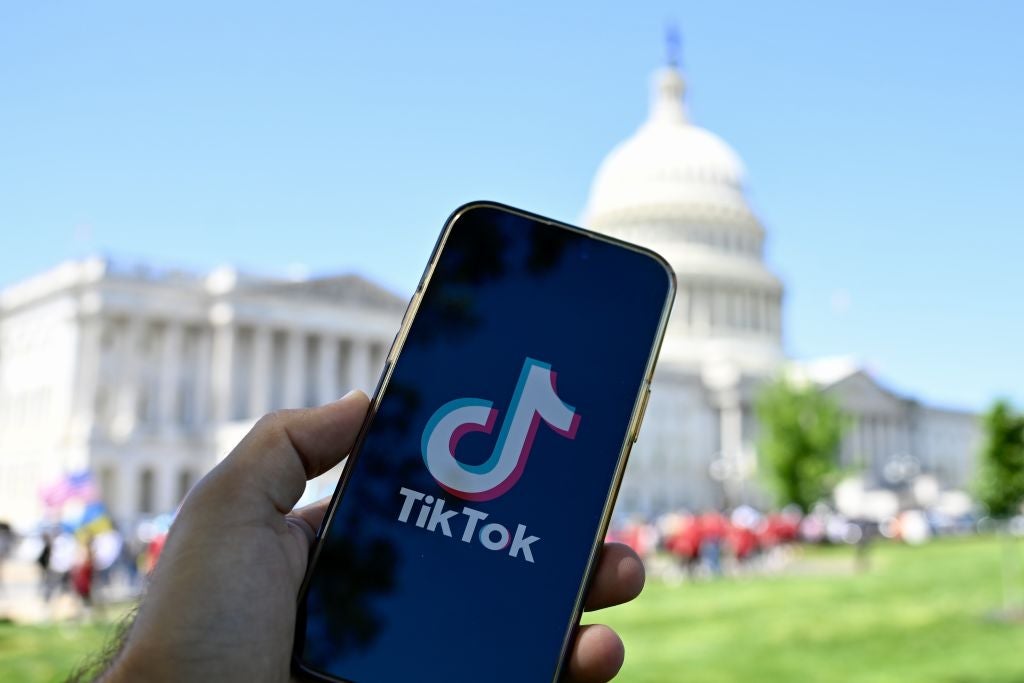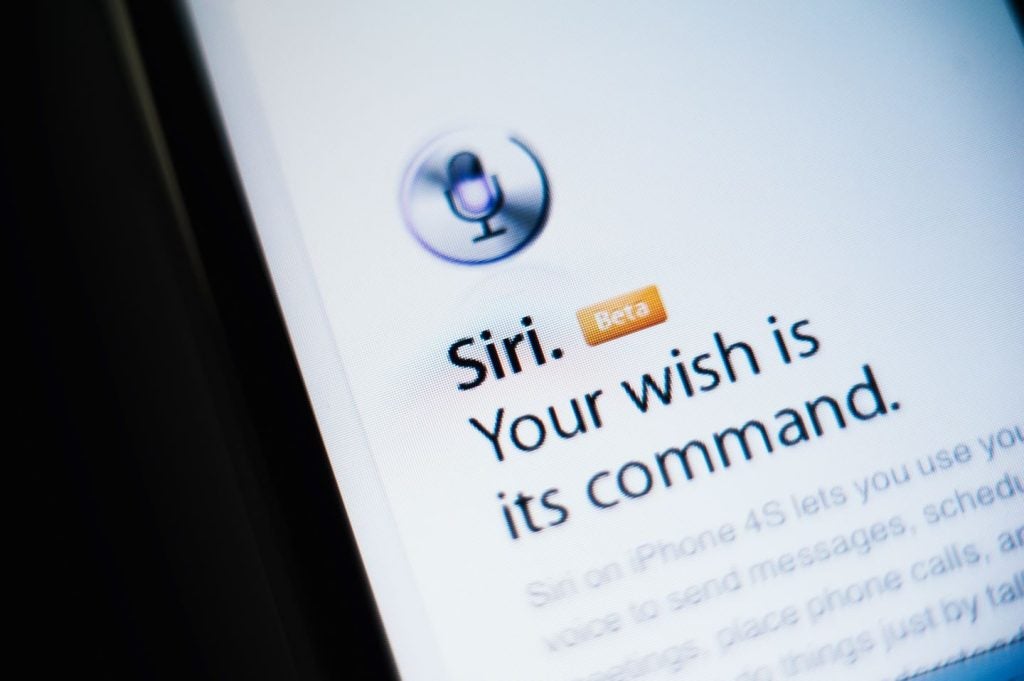
The rollout of contact tracing apps in several countries around the world has brought the issue of health data, and ensuring it is stored securely and privately, to the forefront.
Although contact tracing could be a valuable way of controlling the spread of coronavirus, campaigners have raised privacy concerns about how health data could be stored and used.
According to research by Okta, 84% of UK citizens surveyed believe that their data gathered by contact tracing will be used for purposes not related to Covid-19.
Earlier this month, the UK government announced that rather than storing anonymous data on government servers, the country would adopt Apple and Google’s contact-tracing model, in which data is stored on the device.
Harriet Harman MP, chair of parliament’s joint human rights committee, has said that it is “crucial” that the government work to reassure people about data privacy when it comes to the contact tracing app.
In the private sector, questions have arisen about companies’ storage of health data, and despite the growth of the wearables market, users are still concerned about what their data could be used for.
How well do you really know your competitors?
Access the most comprehensive Company Profiles on the market, powered by GlobalData. Save hours of research. Gain competitive edge.

Thank you!
Your download email will arrive shortly
Not ready to buy yet? Download a free sample
We are confident about the unique quality of our Company Profiles. However, we want you to make the most beneficial decision for your business, so we offer a free sample that you can download by submitting the below form
By GlobalDataResearch by Sony revealed that only 28% of people would trust a consumer device to manage a chronic health condition.
Public concerned about companies combining health data with shopping habits
According to data analytics solution provider Truata’s Global Consumer State of Mind Report, only 16% of UK consumers believe it’s acceptable for their shopping behaviour to be tracked and combined with their health records from wearable activity trackers, and sold on to third parties, like health insurance companies.
“The fitness wearables market has exploded in recent years, and the trend is only set to continue as “quantified self” and life-logging researchers seek new ways to measure, understand and optimise human activities. However, with the number of connected wearable devices worldwide expected to grow to more than 1.1 billion by 2022, it would be easy for brands in the sector to be overzealous in seizing the commercial opportunities on offer by exploiting the value of user data. But organisations must refrain from doing this at the expense of their customers’ health data, or risk losing their trust,” said Dr Maurice Coyle, Chief Data Scientist at Truata.
“UK consumers have laid down a marker when it comes to companies tracking such data…It’s clear that the public places huge value on their privacy when it comes to health data.
“Brands that value financial gain over the privacy of their customers’ data, will lose out to competitors who openly operate in a privacy-protecting, ethical way. The prosperous wearables industry is not an open invitation for brands to track, target and sell data to third parties without their customers’ knowledge and consent.”
Read more: Researchers discover ransomware masquerading as contact tracing app.






